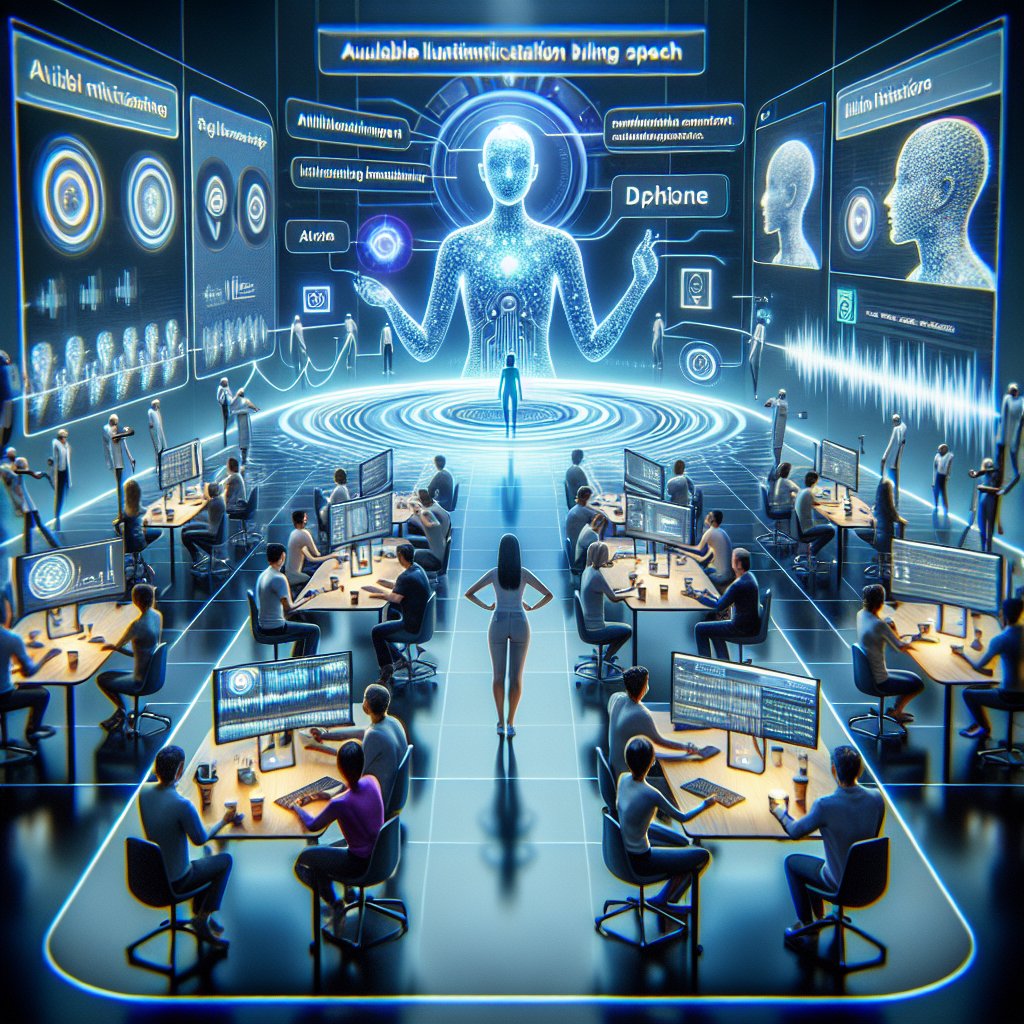Image created by AI
OpenAI Tests Voice Engine: Potential and Precautions in the AI Voice Mimicry Space
OpenAI has disclosed initial outcomes from their testing of a groundbreaking text-to-speech AI application deemed Voice Engine, capable of replicating human speech with remarkable accuracy. In OpenAI’s testing phase, only a select group of approximately ten developers have accessed the feature. Despite early plans for a broader launch to possibly 100 developers, the scaled-back approach came after careful consultation with policymakers, industry professionals, educators, and creatives.
The restraint exhibits acute awareness of the dual-edged nature of such advancements, particularly at a time of heightened alert to misinformation campaigns during election periods. The company indicated through a blog post the engagement with US and international partners, reflecting a collaborative effort toward addressing the risks and implications of this technology.
Voice Engine sets itself apart by not only generating human-like speech but also capturing the unique tonal nuances of individual voices, provided a brief 15-second audio sample of the person. This was exemplified by a convincing demonstration featuring OpenAI CEO Sam Altman’s AI-synthesized speech.
The potential applications showcase a promising horizon, as seen with the Norman Prince Neurosciences Institute using the technology to help patients, who have lost speech abilities, regain their voices—a profound healthcare breakthrough. Additionally, the AI's multilingual capabilities offer extensive benefits to companies like Spotify in audio content localization.
OpenAI's commitment to safety and ethical use is reflected in its requirements for current developer partners. These encompass obtaining consent from individuals whose voices are being mimicked, explicit disclosure of AI-generated voices to listeners, and plans to embed an inaudible watermark to help identify audio produced by the tool.
The implications of this technology extend beyond individual sectors, prompting calls for systemic changes such as banks rethinking voice authentication methods and urging public awareness regarding AI-generated content. The company emphasizes the need to build societal resilience and enhance detection techniques to discern between real and synthesized audio.
In essence, OpenAI, by bridging innovation with responsible development, hints at a future where AI's vocal mimicry serves as both a tool for progress and a prompt for increased vigilance and regulatory evolution.










